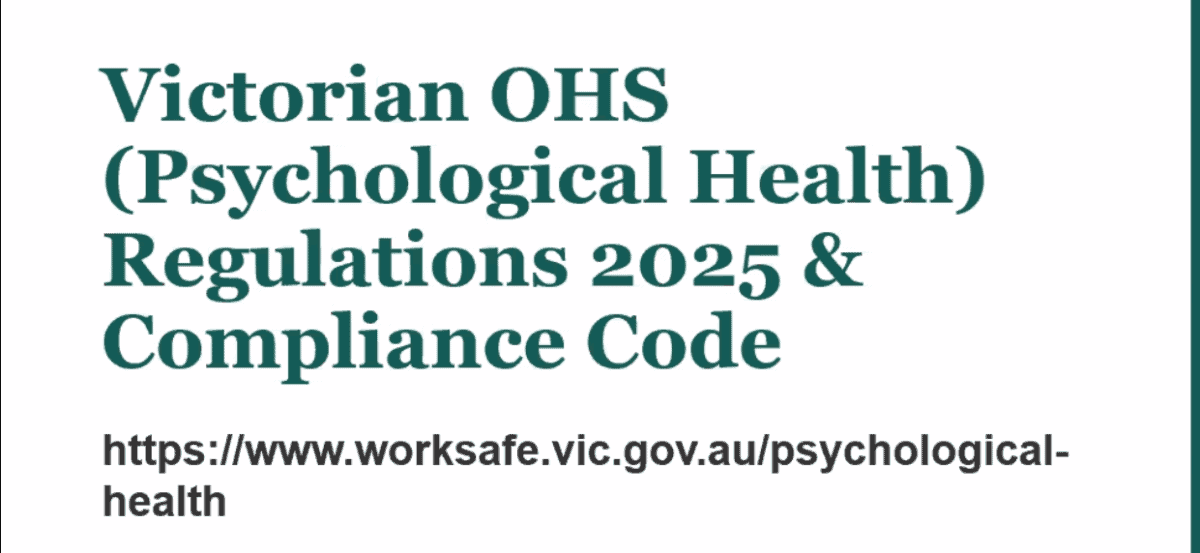It should be clear to readers by now that I am not a lawyer. My interest is in the practical application and compliance with occupational health and safety (OHS) laws. Those laws often encouraged employers to look for the source of workplace harms and hazards, with government agencies advising that addressing these causes is the most effective and cost-effective way to manage OHS. In this context, it seems to me that clients can significantly influence OHS, as they may be a major source of work-related harms and risks. But their role is often downplayed.
Category: business
Denmark and Australia Compared on Psychosocial Safety
Niru Tyagi recently wrote on LinkedIn about Denmark’s regulatory approach to work-related psychosocial hazards, comparing it the current Australian approach, framing Denmark as creating an industrial obligation. It is a perceptive comparison but downplays the significance in Australia of the criterion of reasonably practicable.
OHS and Politics
In support of Australia’s Safe Work Month, I have recorded a 12-minute opinion piece on how Australian politics since 2010 has affected the perception and development of occupational health and safety, based on past SafetyAtWorkBlog articles.
It is an interesting opportunity to reflect on the decisions and actions of influential individuals like Julia Gillard, Kristina Keneally, Jeff Lawrence, and David Gregory.
Culture is the New Compliance in Victoria’s Psychological Health Code
The most significant challenges for employers in Victoria’s new OHS (Psychological Health) Regulations, supported by a new Compliance Code, are likely to be fostering a strong workplace safety culture. Occupational health and safety (OHS) advocates have been emphasising the importance of culture for several decades now (Sociologists examined it decades before). It appears that we will be hearing a great deal more about culture for some time to come, but what is expected of employers?
Polishing What Exists: Making Sense of the New Psych Safety Code
Prominent occupational health and safety (OHS) lawyers Dale McQualter and Catherine Dunlop have just concluded the first of two online seminars about Victoria’s new psychological/psychosocial regulations and compliance code. Many employers will have a lot of work to do to comply, but the overall sense was one of reassurance.
Victoria’s Psych Safety Code identifies preventions, and HR help will be needed
The release of new psychological safety workplace regulations and guidance in Victoria is a big thing. Partly because this closes the gap, with similar occupational health and safety (OHS) regulations now in place throughout Australia. Partly because Victoria was an early advocate for changes to these workplace hazards, and the government sat on its hands with this issue for far too long. (No one really knows why)
A quick read of the Compliance Code suggests that many of these hazards are unlikely to be controlled without the cooperation of Human Resources (HR) personnel. This might be the biggest challenge to achieving change and preventing harm.
Are the Business Council’s Objections to Working From Home Changes Genuine?
Victoria’s consultation on its work-from-home proposals closes this weekend. The government has claimed over 18,000 submissions and interactions, but none of them are yet publicly available. The Business Council of Australia (BCA) has garnered recent media attention, pre-empting the closure of the consultation. The BCA could have a more mature discussion on the concept and practice of working from home, but perhaps it realises that the argument has already been lost.






